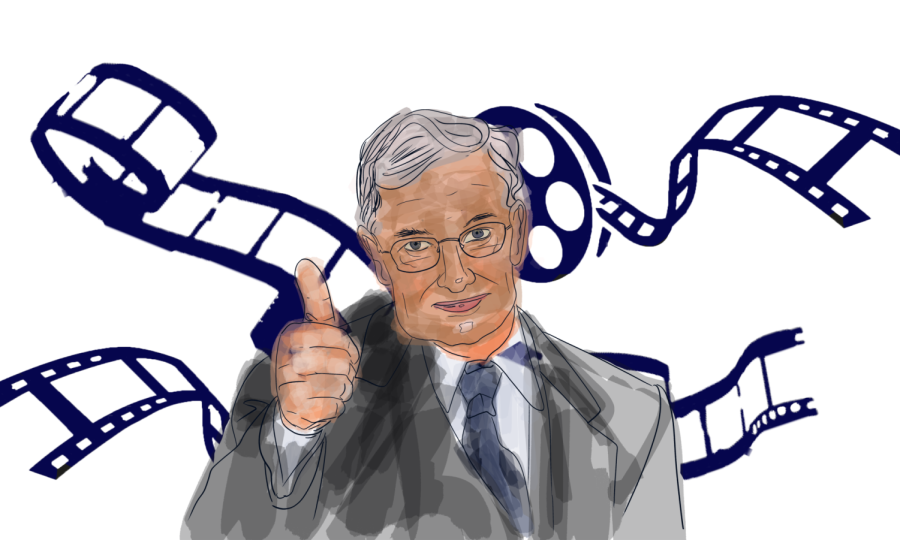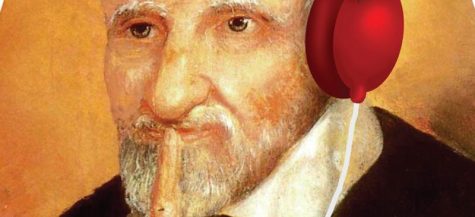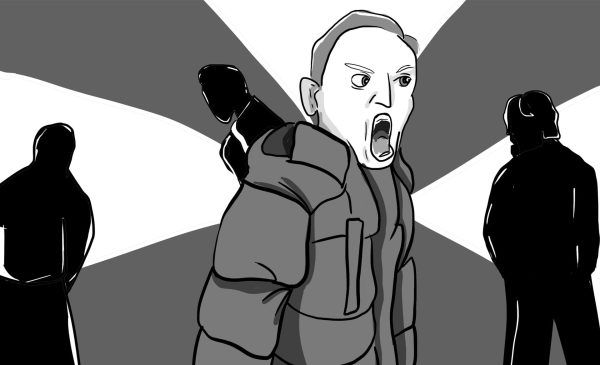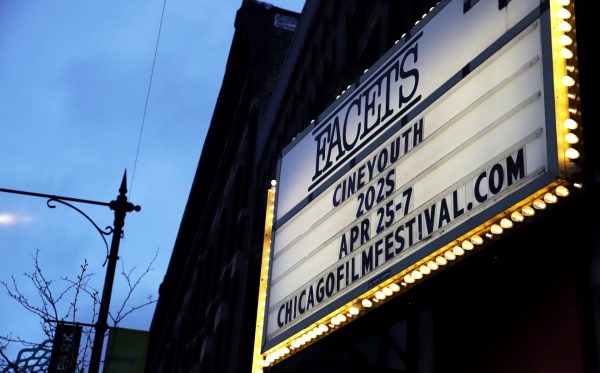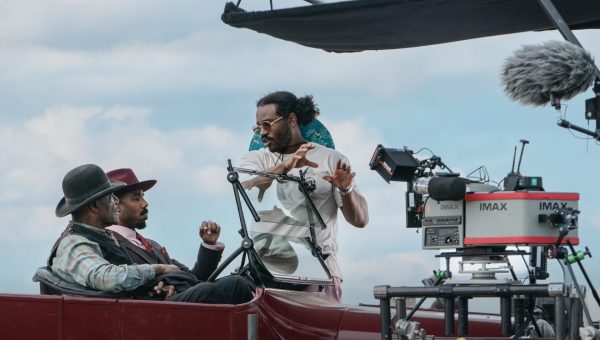Two thumbs up: Remembering legendary Chicago film critic Roger Ebert
When it comes to film criticism, it is a profession that exists in relative anonymity. Though a handful of names may come to mind for those that follow the industry, the concept of a universally revered, borderline celebrity-status has always seemed like a foreign one: that was, until Roger Ebert.
The bespectacled Urbana native is virtually synonymous with the modern notion of a film critic: with a body of work spanning half the length of film history and a slew of accolades – including the first-ever Pulitzer for film criticism – Roger Ebert wasn’t just a film critic, he was the film critic.
Last week marked the 10-year anniversary of Ebert’s passing, but while he may not be writing any longer, his legendary decades-spanning career at the Chicago Sun-Times will always remain a tentpole of the paper. In addition to his reviews, Ebert’s countless books, 20+ years of television presenting and his personal blog on RogerEbert.com all stand as reminders of Ebert’s immense talent and passion for writing.
With roots in journalism as far back as circulating his own homemade paper “The Washington Street News” around his Urbana neighborhood in the 1950s, Ebert’s professional writing career began at the Chicago Sun-Times in 1967, where he scored the position of film critic after only five months at the paper and despite a lack of experience in the field. But it was his background as a self-proclaimed “newspaper man”, not simply an arts critic, that made his writing so extraordinary.
“He was just a movie lover who fell into this job,” said Steve James, the filmmaker behind “Life Itself,” a documentary about Ebert and based on the autobiographical memoir of the same name. Even as his sophistication in the art of reviewing films grew considerably over the years, he never lost touch with that ability to write for viewers in a way they could easily relate to and understand. He was never trying to prove how smart he was—and he was brilliant.”
Ebert’s pragmatic yet insightful writing at the Sun-Times eventually landed him a long running television series, “At The Movies,” which began on regional midwest station, WBBM-TV, in 1986 before eventually finding nationwide success. “At the Movies” saw Ebert sparring with rival Chicago Tribune critic Gene Siskel over new releases each week. The first – and arguably, last – of its kind, “At the Movies” started out as a regional program that quickly reached nationwide success, catapulting Siskel and Ebert to genuine celebrity status.
“A lot of people encountered him first on TV,’” said Michael Phillips, Chicago Tribune film critic and former “At the Movies” presenter, who co-hosted with Richard Roeper in 2006-2008 and then, with A.O. Scott, in 2009-2010“It was about the least glamorous, show on television, but Roger transcended all that because he had something to say. He really was a good analyst about why something works. It’s that quote that people always haul out for Roger, ‘it’s not what a movie’s about, but how it’s about it.’”
Whether in print or on TV, what Phillips calls Ebert’s “carefully considered conversational” writing style did not just resonate with readers and fellow critics. Ebert also held close, longtime friendships with numerous filmmakers whose work he criticized, including the likes of Martin Scorcese and Ava Duvernay, whose interviews in “Life Itself” are full of nothing but fondness and reverence.
But if someone else had done the film on Roger and was looking at films where Roger’s writing had a profound impact, they might very well have included “Hoop Dreams,” James said, , one of the filmmakers whose work Ebert frequently championed on “At the Movies.”
“You couldn’t have had, you know, a bigger bullhorn for your film than Roger and Gene at that time, because they were the most powerful film critics in the world.”
An unexpected curveball brought Ebert’s television tenure to an early end when he stepped down from “At the Movies” in 2006 for treatment of his thyroid cancer, the result of which required the surgical removal of Ebert’s lower jaw, leaving him unable to speak.
Still, despite the lack of a physical voice, Ebert – who had been an early proponent of the internet – continued to find his audience by posting blogs and reviews to RogerEbert.com, which still operates today under the supervision of Ebert’s widow, Chaz.
In addition to RogerEbert.com, Ebert also serves as the founder and namesake of the University of Illinois Urbana-Champaign’s – his alma mater – EbertFest, a film festival kicking off on April 19.
“What I believe it is, is in part, he was giving back to the University, he wanted to bring Hollywood, the world of film, to little Champaign, Illinois,” said Matt Fagerholm, RogerEbert.com’s literary editor. “But what I love about EbertFest is that everyone’s in this big, old, wonderful theatre – the Virginia Theatre – and there’s 1000 people in there, 1000 people in there but it’s a wonderful communal space. People are there, because Roger has opened their hearts so much, to being open to whatever movie you show.”
On the anniversary of Ebert’s passing, Chaz Ebert and the editors of RogerEbert.com published a collection of testaments honoring Ebert’s life and writing, all centering around his ever-present belief in the power of film to generate empathy.
“I believe empathy is the most essential quality of civilization,” Ebert wrote. “For me, the movies are like a machine that generates empathy. If it’s a great movie, it lets you understand a little bit more about what it’s like to be different. It helps us to identify with the people who are sharing this journey with us. And that, to me, is the most noble thing that good movies can do.”


